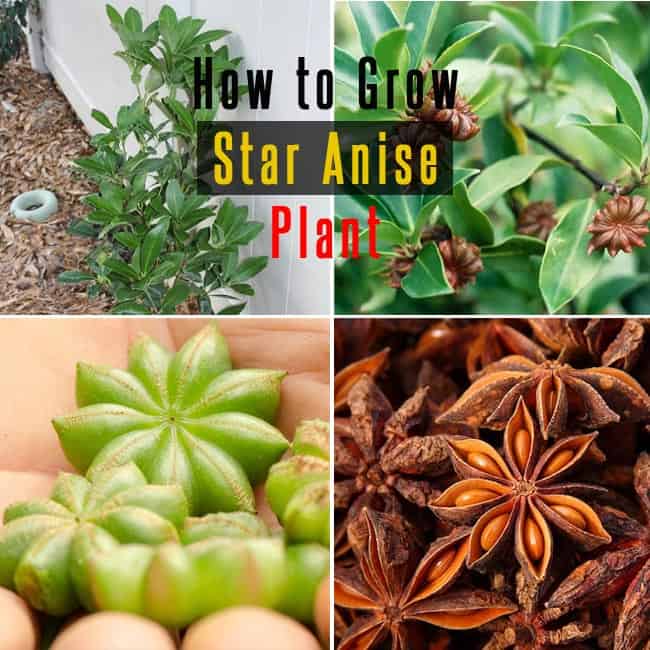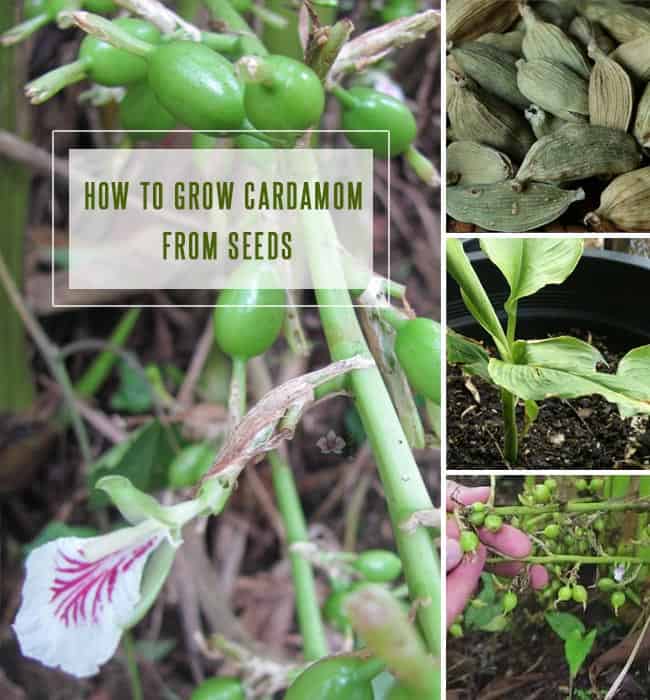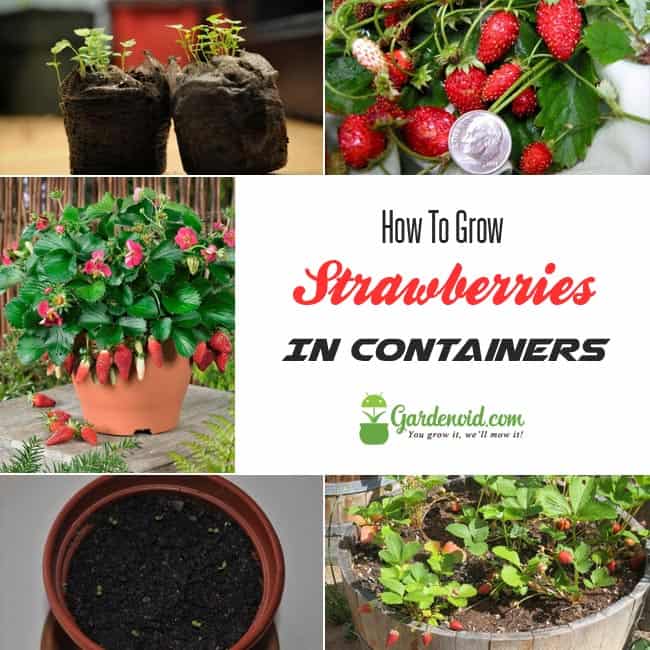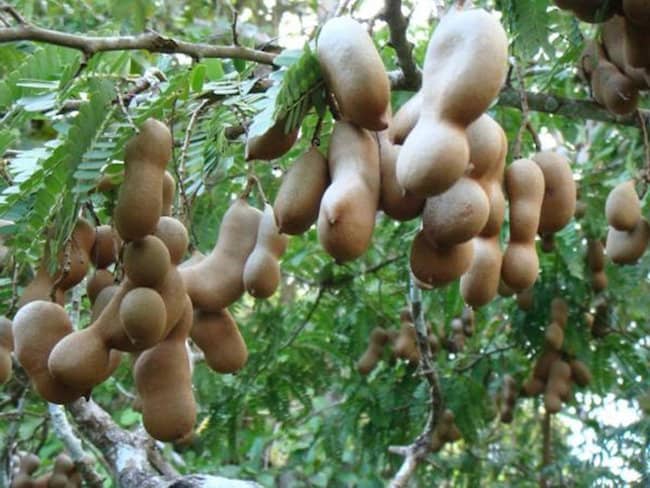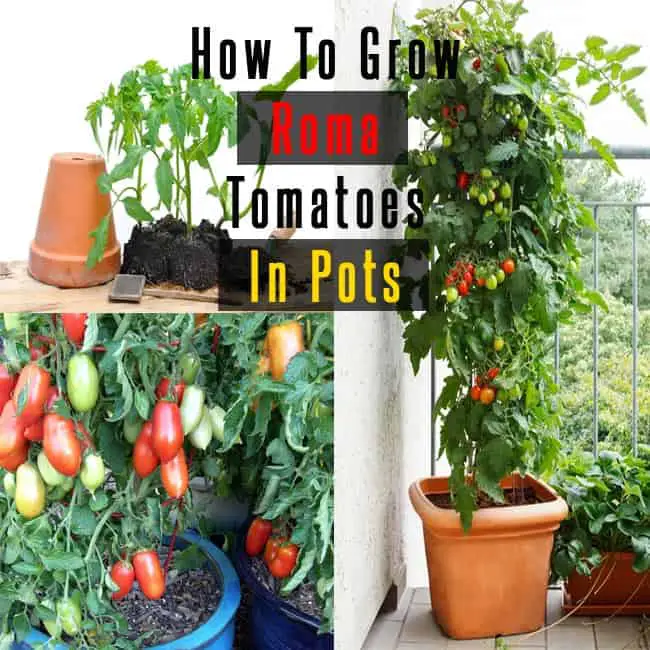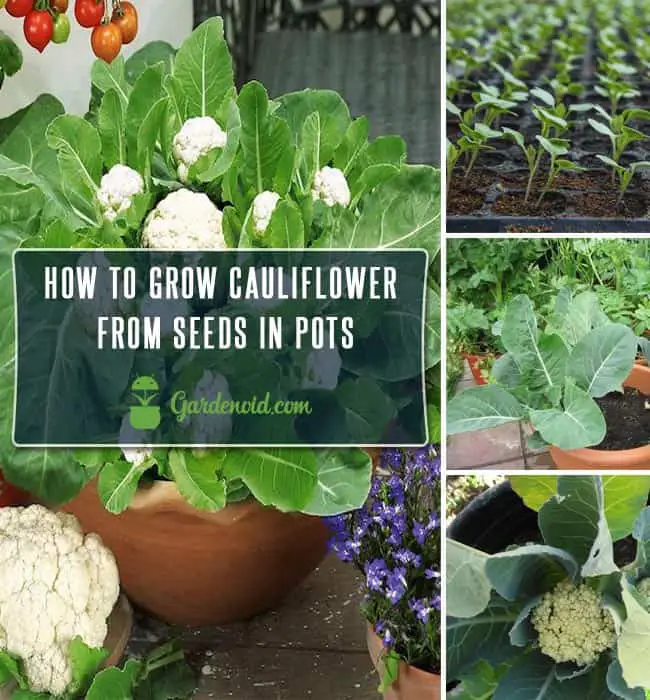Expert Advice on How to Grow Onions at Home
As I plant the tiny onion seed, I ponder nurturing something from inception to fruition. Growing onions at home is about producing a kitchen staple and cultivating patience and dedication.
Selecting the right variety, harvesting, and storing the bulbs are crucial steps in the process. Join me in tending to these versatile vegetables and discovering the secrets to a bountiful onion harvest in your backyard.
Main Points Covered Below
- Choose onion varieties suitable for your hardiness zone and start indoors before the final spring frost.
- Transplant seedlings carefully into well-drained soil with proper sunlight and pH levels.
- Maintain moisture, intercrop for pest control, and harvest when tops yellow and fall over.
- Manage pests, diseases, and soil health, rotate crops, and store harvested onions correctly for longevity.
Selecting the Right Onion Variety
When choosing the right onion variety for your home garden, consider your hardiness zone for optimal growth and bulb formation.
Onions are classified as short-day, intermediate-day, and long-day types, each needing a specific amount of daylight for proper bulb development. Short-day onions require 10-12 hours of daylight and are ideal for southern regions.
Intermediate-day onions need 12-14 hours of daylight and thrive in central regions. Long-day onions need 14-16 hours of daylight and are best for northern areas.
Selecting the appropriate onion variety based on your hardiness zone ensures they receive the right amount of sunlight for successful growth and bulb formation, leading to a productive harvest in your garden.
Starting Onions Indoors
To start onions indoors successfully, choose the right seeds for your hardiness zone and begin 10-12 weeks before the final spring frost. This timing is crucial for strong seedlings before transplanting them outside.
Provide 16 hours of daily light for optimal growth. Select short-day, intermediate-day, or long-day varieties based on daylight length in your area for best results.
Tips for Starting Onions Indoors
| Starting Onions Tips | Description | Importance |
|---|---|---|
| Seed Selection | Choose seeds by hardiness zone | Ensures adaptation |
| Timing | Begin 10-12 weeks before frost | Promotes strong seedlings |
| Light Exposure | Provide 16 hours of light daily | Essential for growth |
Following these tips will help you grow robust onion seedlings indoors for a successful harvest.
Moving Seedlings Outdoors
Acclimating onion seedlings to outdoor conditions involves gradually exposing them to sunlight and wind for a smooth transition from indoor to outdoor environments. Choose a mild day for transplanting, avoiding strong winds or extreme temperatures.
Move the seedlings outdoors when they reach 6-8 inches in height, ensuring strong roots and leaves. Timing the outdoor transfer based on the seedling’s height and leaf development is crucial for successful adaptation. Consider weather conditions for a favorable environment.
After transplanting, mulch around the seedlings to retain moisture, suppress weeds, and provide insulation. Mulching also helps maintain consistent soil temperature, promoting healthy onion growth outdoors.
Planting Onions Outdoors
I carefully prepare the soil by ensuring it’s well-drained and has a pH level of 6.0-6.8 before planting the onion sets or seedlings outdoors in early spring.
When planting, I space the onion plants 6 inches apart in rows that are 12 inches apart to allow for optimal growth.
It’s crucial to keep the soil consistently moist to support the shallow roots of the onion plants and water them when the top inch of soil is dry for healthy development.
Soil Preparation
When planting onions outdoors, ensure the soil is well-draining and has a pH of 6.0-6.8 to promote optimal growth. Onions thrive in loose, well-drained soil that allows for proper root development.
Ensure the planting area receives full sun, as onions require at least 6-8 hours of sunlight daily for healthy growth. Before planting onion bulbs in the spring, prepare the soil by mixing in aged compost to improve its quality and provide essential nutrients. Proper soil preparation is crucial for the success of your onion crop.
Remember to keep the soil consistently moist, especially during dry periods, as onion plants have shallow roots that require adequate water for optimal growth. By following these soil preparation steps, you can set the stage for a bountiful onion harvest.
Planting Process
Ensuring the soil is well-draining and has the optimal pH level, plant onion sets or seedlings in early spring when the soil is workable.
Space onion plants 6 inches apart in rows 12 inches apart for optimal growth.
Select a planting area with full sun, well-drained soil (pH 6.0-6.8), and keep the soil moist but not waterlogged for root development.
Use aged compost to enhance soil quality and provide necessary nutrients for robust onion growth.
Following these guidelines will help cultivate successful onions in your outdoor garden.
Growing and Caring for Onions
Caring for onions involves providing well-drained soil with a pH of 6.0-6.8 for optimal growth. Plant green onions in loose, organic-rich soil to support root development. Keep the soil consistently moist, but not waterlogged, to prevent rot. Mulch around the plants to retain moisture, suppress weeds, and protect bulbs.
Use a nitrogen-rich fertilizer until bulbing begins for healthy growth. Intercrop onions with plants like tomatoes or carrots to deter pests.
Harvest green onions after 3-4 weeks by gently pulling them from the soil. Following these tips will help you grow a successful onion crop at home.
Can the same container gardening techniques for growing dill also be applied to growing onions at home?
Yes, the same container gardening techniques for growing dill in containers can definitely be applied to growing onions at home. Both dill and onions thrive in well-drained soil, plenty of sunlight, and regular watering. Using the same methods for container gardening will yield successful results for both herbs and vegetables.
What are the essential garden tools needed to successfully grow onions at home?
To successfully grow onions at home, you will need the best garden tools available. Essential tools include a quality hoe for weeding, a sharp trowel for planting, and a sturdy watering can. Additionally, a good pair of gloves and a reliable hand rake will help maintain your onion garden.
Providing Sunlight and Soil
To promote successful onion growth, provide a minimum of 6 hours of daily sunlight and plant them in well-draining soil with a pH level between 6.0-6.8. Onions thrive in full sunlight, so choose a sunny location in your garden.
Opt for loose, well-draining soil with a slightly acidic to neutral pH to support proper root development and prevent issues like rot and stunted growth. If your garden soil is heavy or poorly draining, consider using raised beds or containers for planting.
Raised beds offer better soil quality and drainage control, enhancing the health and yield of your onion crop.
Watering Your Onions
Ensuring proper hydration for your onion plants is crucial for their growth and bulb development. To water your onions effectively, follow these guidelines:
- Provide 1 Inch of Water: Onions need about 1 inch of water per week for healthy bulb formation.
- Water Consistently: Keep the soil consistently moist by watering regularly, especially during dry periods.
- Check Soil Moisture: Monitor soil moisture by checking the top inch of soil and adjust watering as needed.
- Avoid Overwatering: Be careful not to overwater, as excess moisture can cause root rot and fungal diseases, harming the plants.
Managing Common Problems
I tackle common problems faced when growing onions by implementing effective pest control methods like using neem oil against onion thrips.
Disease prevention tips, such as starting with disease-free plant material, are crucial in maintaining onion health.
Additionally, managing soil health through practices like proper sanitation helps in preventing diseases like white rot.
Pest Control Methods
Implementing effective pest control methods is crucial for managing common problems that can affect onion crops grown at home. When dealing with pests like onion thrips and maggots, it’s important to take proactive measures to protect your crop.
Control onion thrips by using neem oil or insecticidal soap to prevent damage to leaves. Prevent onion maggots by covering plants with fine mesh netting and mounding soil around the base.
Avoid white rot disease by using disease-free plant material and proper crop rotation techniques. Dispose of infected onion crops properly to prevent the spread of diseases in the garden.
Disease Prevention Tips
To prevent common onion diseases like white rot and thrips infestation, use neem oil and practice proper crop rotation. Plant onions in well-drained soil to deter disease.
Control thrips with neem oil or insecticidal soap. Use row covers and fine mesh netting to protect onions from onion maggots.
Rotate crops and use disease-free plant material to prevent white rot. Dispose of infected crops properly to stop disease spread. Avoid planting onions where white rot occurred to prevent recurrence.
Soil Health Management
Improving soil health is crucial for successful onion cultivation. Measures include enhancing drainage through raised beds and adding organic matter like compost to prevent root rot.
When managing common soil problems, remember to:
- Maintain Optimal Soil pH Levels: Keep soil pH between 6.0-6.8 for proper nutrient uptake.
- Implement Crop Rotation: Use crop rotation to prevent soil-borne diseases and maintain soil health.
- Monitor Soil Moisture Levels: Regularly test soil moisture to prevent overwatering or underwatering.
- Address Soil Compaction: Gently loosen soil around onion roots to promote aeration and nutrient absorption.
Harvesting Onions With Care
When harvesting onions with care, make sure the tops have turned yellow and are starting to fall over to indicate maturity. Use a spading fork to gently lift the onions from the soil to avoid damaging the bulbs.
After harvesting, let the onions dry in a warm, dry area with good air circulation for a few weeks to cure them, enhancing their flavor and extending their shelf life.
Once dried, store the onions in a cool, dry, and dark place to prevent sprouting or rotting. Check stored onions regularly for any signs of spoilage, such as mold or soft spots, and discard any that show these signs.
Use the harvested onions in various dishes to enjoy their optimal flavor.
Storage Tips for Homegrown Onions
Storing homegrown onions in a cool, dry, and well-ventilated area is crucial to prevent sprouting and spoilage. Proper storage is essential for maintaining the quality and shelf life of your harvest.
Here are some practical tips to help you store your onions effectively:
- Choose the Right Location: Find a cool and dry spot with good air circulation to store your onions. Avoid areas with high humidity or near potatoes, as this can cause onions to spoil faster.
- Use Mesh Bags or Single Layer: Store onions in mesh bags or spread them out in a single layer in a well-ventilated cardboard box. This allows air to circulate around each onion, preventing moisture buildup.
- Regularly Check for Quality: Periodically inspect your stored onions for any signs of softening, sprouting, or mold. Remove any damaged onions promptly to prevent spoilage.
- Maximize Shelf Life: By following these storage tips and ensuring your onions are properly cured, you can enjoy a fresh supply for several months. Properly stored onions will be ready for your culinary creations whenever you need them.

